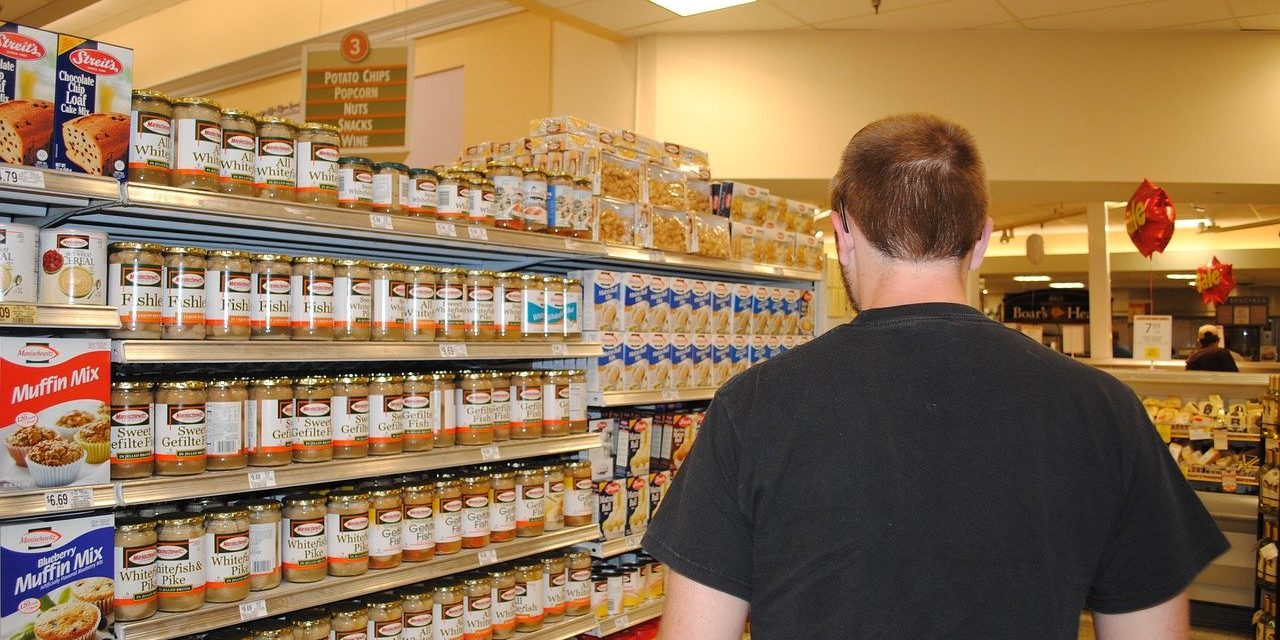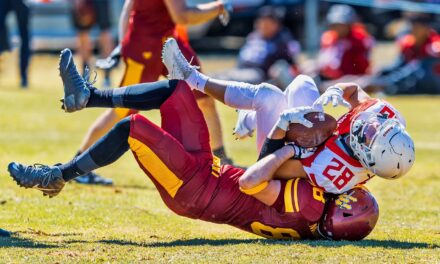Grocery store workers have become the surprise heroes of the coronavirus outbreak as they put themselves front and center to keep shelves and freezers stocked and help keep full the cupboards of nervous consumers.
They are working long hours filling shelves and freezers amidst the scurry of patrons.
At least 41 grocery workers have died so far. They include a Trader Joe’s employee in New York, a Safeway worker in Seattle, a pair of Walmart associates near Chicago and four Kroger employees in Michigan, as well as employees at meatpacking plants and food processing facilities around the country. Thousands more have tested positive for the virus.
Job postings for grocery clerks have jumped 60 percent in the past four weeks, according to Julia Pollak, a labor economist for the site ZipRecruiter.
Grocery store workers, like healthcare workers, are on the front lines in the battle against the stealth disease. The act of doing their job could kill them. They are so valuable that on April 25, the city of Palm Springs issued an order to ensure worker and customer safety in grocery and retail drug stores.
The order directs grocery stores to:
· Limit the number of consumers in a store at any given time to 40% of the store’s occupancy limit.
· For stores with two public entrances, designate one entrance and one exit to help with crowd control.
· Install Plexiglass shields at all points of sale whenever possible.
· Provide non-medical face covering, hand sanitizer and gloves for employees, at the expense of the employer.
· Allow paid time for employees to wash hands.
· Maintain personnel onsite to enforce social distancing measures and to safeguard employees from unruly customers.
· Stores shall adhere to a policy of not serving any person who is not wearing a face mask.
Some grocery stores have temporarily hiked worker’s pay. But is it enough?
Image Sources
- Supermarket: Pixaby







